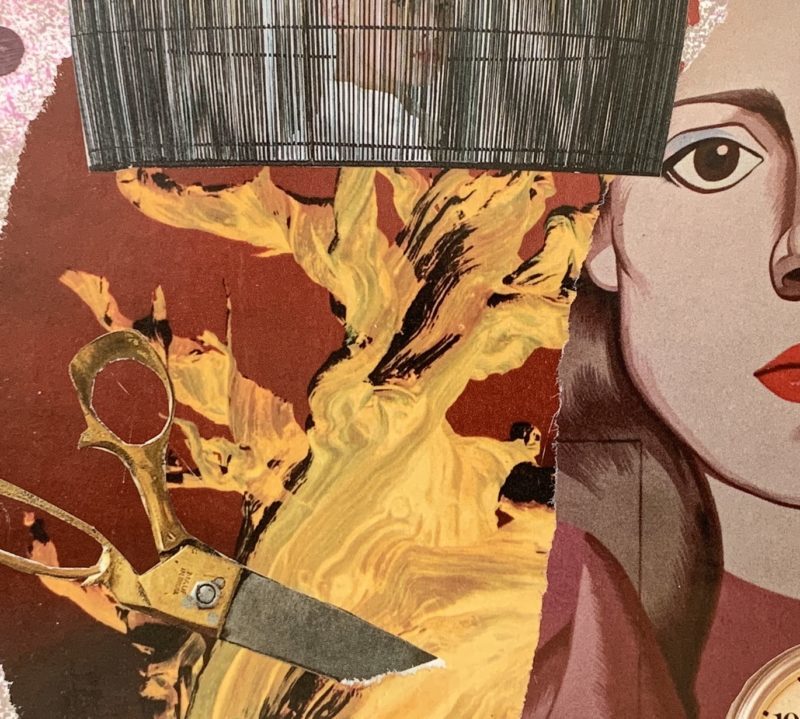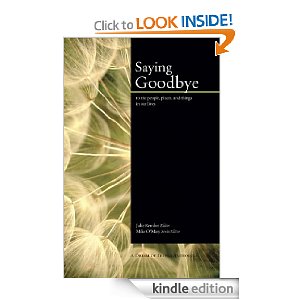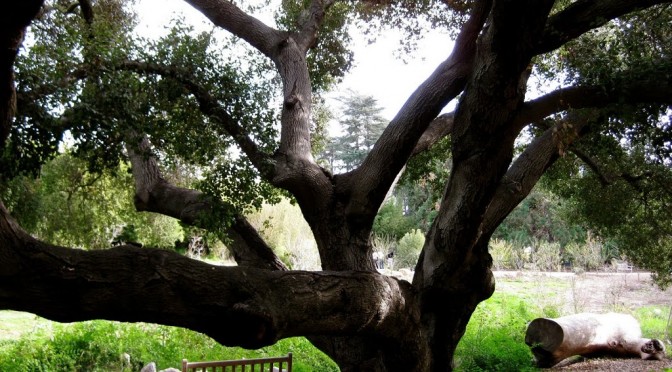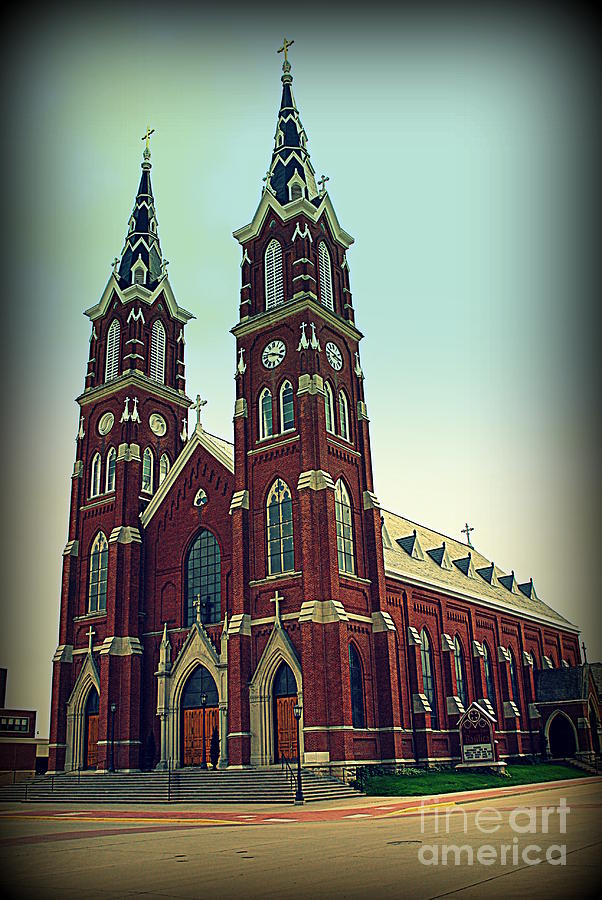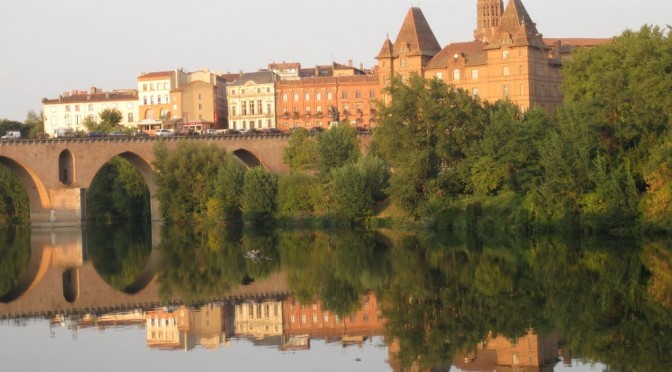Last night, I had this dream. In it I rescued a baby from a bridge.
The dream
The mother
I was walking in a beautiful city. Cobblestone streets, a stone bridge. There were people carrying packages and bustling here and there. I was alone. Just as I stepped onto the bridge I saw the woman with two little boys. She was hurrying. And she held one of boys, about four years old, by the hand. In her arms she held a baby boy. The woman was petite with shoulder length black hair. And the boys had black hair too. They were Asian. Maybe Japanese. The woman had an untidy bundle under one arm, and when she got to the middle of the bridge she unfurled it. The partially inflated kiddy pool landed in the water. And then she turned and held the baby over it. I was beside her by then, and I flung my arms around them. “Can I have him?” I asked the woman.
“Take him,” she said. “Here.” Her chest was heaving, and her eyes were bright with tears. She handed the baby to me as the pool floated under the bridge and made its way downstream. Then she ran, pulling the older boy behind her. The other people who’d been passing by stopped for a moment, but once I had the baby in my arms, they went on their way, looking backwards just for a moment as I stood on the bridge with the baby boy in my arms.
The baby
The baby himself seemed unfazed by the drama. His dark eyes looked deep into mine, and his hands clutched my shirt. I patted his back. His striped cotton shirt felt soft and clean. Well, I have a baby, I thought. The light was draining from the day, and the streetlights began to flicker on. I walked across the bridge in the same direction the mother had gone. Listening for sirens, I watched for police officers that might approach me. I was prepared to explain what had happened. It was obvious the boy wasn’t mine. White and sliver-haired, I far too old for a baby that age. The boy was Asian with spiky black hair that stood up straight from the crown of his head. But the police never arrived.
The baby was easy to carry. He was maybe ten months or a year old but not heavy, not squirmy. I carried him into a fancy boutique and set him down for a moment on a satiny pink bench. After straightening my jacket and adjusting my purse, picked the boy up again. He looked worried now—as if he might cry. “Don’t worry,” I told him. “I’ll take care of you. I’m your new mommy.” He nodded and clutched my shirt tighter. I knew then I didn’t want to call the authorities. The boy had lost his mother, and if I called the police and reported what had happened, he’d lose me too.
My own past real-life history didn’t enter in to the dream. I wasn’t a woman who had walked away from her own little boy. I was a heroine who’d rescued a baby that had nearly been thrown from a bridge. We stepped out into the fresh night air, and I phoned my daughter.“I found a little boy,” I told her. “Can you go out and buy a box of diapers?”
“What size?” she asked.
“I think he’s about a year old,” I said, “but he’s small. Just make a guess,” I said. She grumbled a little. “I found him,” I repeated. I don’t know how old he is.”
“Right on,” she said.
Me and the boyfriend
The anxiety flooded in after I stuffed my phone back into my purse. I was taking home a baby that didn’t belong to me. What would the guy I was dating say? He was Asian, too, and I hoped that might make him like the idea of the baby a little more. But we frequently sighed with relief at the fact that we’d both made it through parenthood and that our kids were grown. When I spent the night at his place, we liked being alone.
Now there was a baby. Poor baby whose mother had nearly murdered him. And what about the baby’s brother? What would happen to him? What had I been thinking? Why hadn’t I offered to take the older boy, too? I tried to reconstruct the moments after I’d lifted the baby from the mother’s arms. Had I seen which way she’d turned after she’d crossed the bridge? Maybe I should walk around the neighborhood and ask everyone I saw if they knew where the Asian woman with two little boys lived.
“What’s your name?” I asked the boy as we stood in the atmospheric lighting of the boutique with music playing in the background.
“Anthony,” he said with perfect diction.
“Anthony what?”
“Anthony.”
“Okay,” I said. “How old are you?”
“Six months,” he said.
I laughed.The boy was obviously much older than that. With such perfect speech, he was probably even older than I’d first thought. “You’re not six months old,” I told him, laughing.
“Yes, I am,” he said.
I awaken
I heard the voices in the hallway then. I pulled the pillow off my head and fumbled for my Blackberry. It was seven-thirty and I was confused. It took me a minute to realize I was waking up in my nephew’s bed. He’d been exiled to the couch and my brother and my mother’s voices were wafting down the hallway from the kitchen.
I hadn’t rescued a baby, after all.
I was still just the woman who had given one away.
